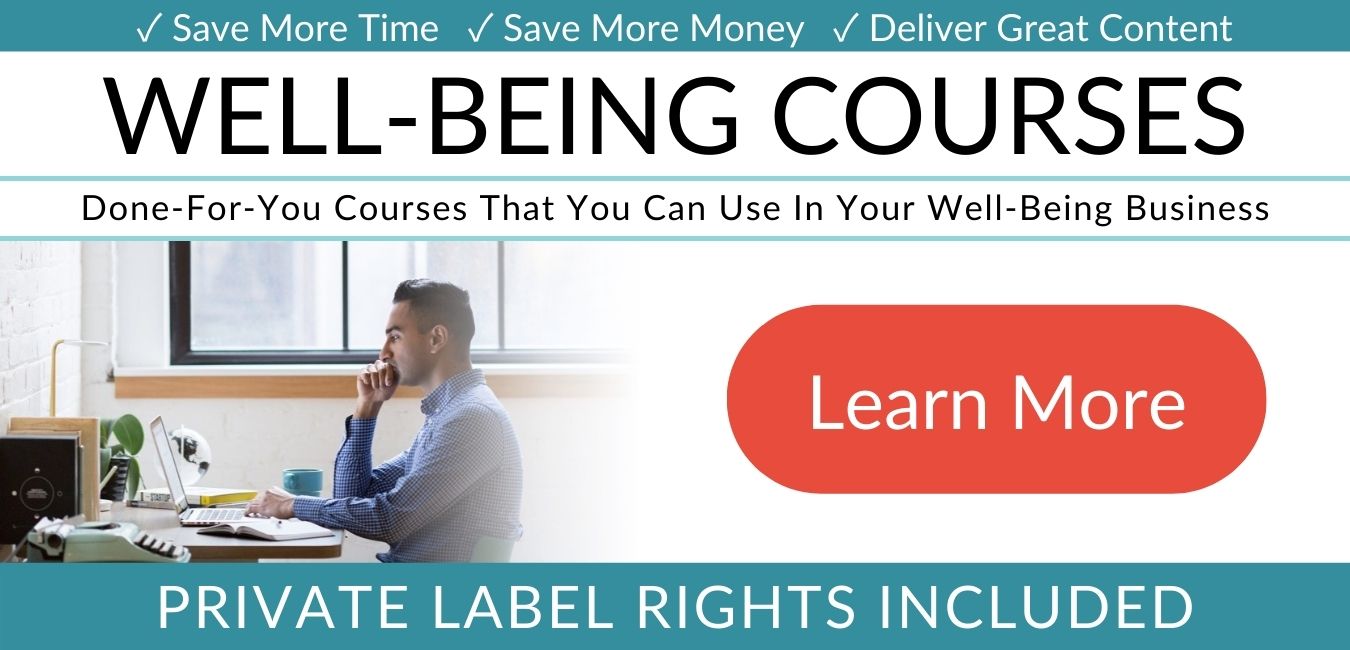Life Planning: Definition, Examples, & StrategiesLooking for directions to achieve the life you want? Hop in to learn what life planning is and how to create a roadmap to get to your desired destination.
However, as we grew older and learned how to manage the curveballs life threw at us, we might have lost sight of what we once hoped to become and achieve. If you catch yourself daydreaming about how your life could be different or maybe just need a better outlook for the future, look no further. We will cover the basics of life planning, identify strategies and goals to think more about, and learn some tools to get our lives moving on a better track. Ready, set, go.
Before reading on, if you're a therapist, coach, or wellness entrepreneur, be sure to grab our free Wellness Business Growth eBook to get expert tips and free resources that will help you grow your business exponentially. Are You a Therapist, Coach, or Wellness Entrepreneur?
Grab Our Free eBook to Learn How to
|
Are You a Therapist, Coach, or Wellness Entrepreneur?
Grab Our Free eBook to Learn How to Grow Your Wellness Business Fast!
|
Terms, Privacy & Affiliate Disclosure | Contact | FAQs
* The Berkeley Well-Being Institute. LLC is not affiliated with UC Berkeley.
Copyright © 2024, The Berkeley Well-Being Institute, LLC
* The Berkeley Well-Being Institute. LLC is not affiliated with UC Berkeley.
Copyright © 2024, The Berkeley Well-Being Institute, LLC




